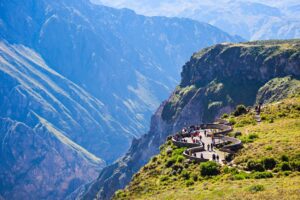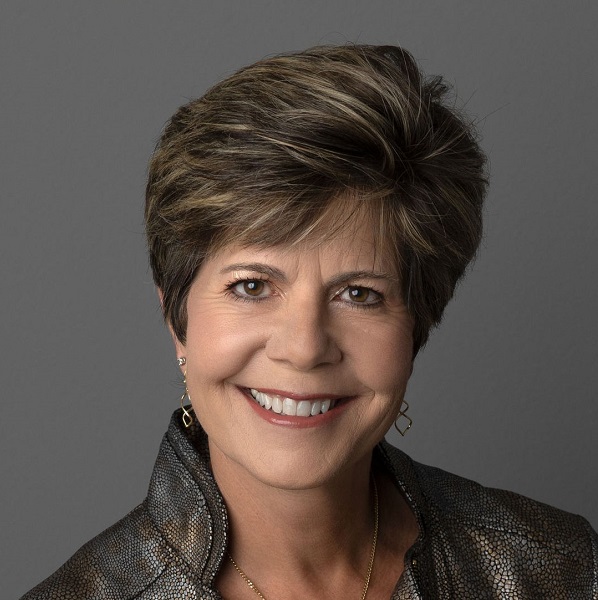A fellow blogger recently published a piece titled Anorexic Soul. It made me think about the contrast between the pervasive Western condition he describes of being so “steeped in the ideas of cause and effect in the material sense” that the sense of the sacred is lost – and those hundreds and thousands of souls who recently left behind their practical lives and went to cook meals under shelling, to evacuate trapped people, to serve refugees in gut-wrenching conditions.
Thomas Moore once wrote about the distinction between soul and spirit. He described soul as that non-material aspect of our reality that seeks to connect – to each other, to land and to nature, to the inner reality of all things. Spirit, on the other hand, is that non-material aspect of our nature which always seeks to grow and discover, to find meaning and truth and transcend limitations.
Each historical age in human civilization has expresses spirit and soul through different cultural norms and social structures, as it has also compartmentalized and undermined them in historically different ways. It is eye-opening to look closely at how these collective expressions have evolved with the developmental evolution of adult consciousness.
At the earlier stages of the lifespan development of human consciousness, a more literal understanding of life and spirit expressed itself in magical thinking and rituals of awe and wonder. Along with those, that earlier level of consciousness created tribal structures which could be quite brutal. As consciousness evolved toward more interpersonal and relational constructions of reality, towns and city states became the social structures both protecting and limiting those expressions of soul and spirit.
Ever since the 17th century, people began to emancipate themselves from immersion in community standards and ways of expressing spirit, as a new structure of the self emerged and began to spread – known in psychology as the institutional self. This psychological structure, governed by its own values, aspirations, and commitments, became expressed in the creation of nations – large and complex sovereign outer entities that provide the context for the growth of the institutional self. At its peak, the institutional structure of the self arrived at the idea of freedom from authoritarian rule, and the world saw the birth of democracy.
As democratic freedoms increasingly became the norm, the human spirit became immersed in scientific discoveries and in competition to create and consume more comforts. This trend, along with the increasing devolving of science into reductionistic materialist interpretations of reality, created a strange split between inner and outer – an estrangement from soul, which my fellow blogger referred to in his piece Anorexic Soul.
The more we became immersed in competitive over-culture, the more we compartmentalized experiences of soul to vacations, yoga and meditation retreats, and exotic environments. We have even established different categories of reading – spiritual topics are viewed as separate from social one; political and economic are their own world; and all the latter are separate from the vague category of global.
But soul does not live in compartments, and the human spirit has forever aspired to transcend borders and to reach for more expansive spaces. While it is true that in some ways, our contemporary life is rather impoverished of soul, it is also true that the human spirit is on the rise.
Examples abound. People are performing creative miracles in order to penetrate the depths of the oceans and to film for the rest of us the pollution and destruction we have wreaked, so that we can awaken from our daze. Indigenous communities worldwide are raising their voices for the rights of nature. Youth are leading growing movements for climate justice. Women all over the world are taking experiences of violent traumas and turning them into healing for thousands and even millions. Yet others are risking their lives to stand side by side with the most vulnerable and vote with their feet for justice. And hundreds of thousands of organizations are patiently working to strengthen every aspect of civil society.

Viewed that way, soul and spirit are very much alive in this age and are expressing themselves in vast practical efforts to uphold spiritual justice – i.e., justice to the spirit of life.
What does this development indicate?
The institutional structure of the self, which is now the developmental norm in democratic societies, marks the end of the first helix of lifespan development – that of ego-formation. Parallel to this trend in individual development, we witness three quarters of the world being swept by democratic aspirations, according to statistics cited by the same author referenced above. Despite the many historical struggles with the consistent application of democratic principles, predominantly democratic social structures have now reached a groundswell, and only a few countries in the world are still resisting this tide despite the democratic aspirations of their own people.
Developmental psychology can help understand further where we are headed. As the institutional structure of the self begins to experience its limits more and more, the developmental growth is in the direction of the second helix of lifespan development – that of ego-transcendence. What does that mean?
People are increasingly realizing that they are not only aspiring for individual freedom worldwide, but that they, in fact, long for something even greater, which I have called spiritual and unitive justice that seeks to unite all people around the cause of protecting the dignity of the spirit of life.
We are seeing the rise of a global movement to create social structures that express this new level of consciousness – a viable global governance that transcends national boundaries and can protect a just and safe world and the interdependence of all life. The more we turn inward and listen deeply to our souls, the more we hear this longing for a world that is truly just, that unites rather than divides us, and that protects the security of all. I see this as the most inspiring historical expression yet of soul and spirit – the emergence on the historical horizon of a possibility for a peaceful planetary civilization.
I explore these developmental and evolutionary processes in depth in my recent award-winning book, Global Unitive Healing: Integral Skills for Personal and Collective Transformation.
Elena Mustakova, author of Global Unitive Healing, brings a psychological, social, and historical evolutionary lens and points to spiritual principles and conscious practical steps that can transform collective despair into a path forward.








